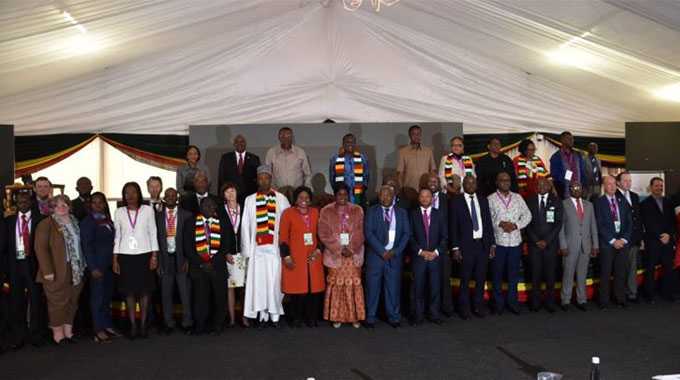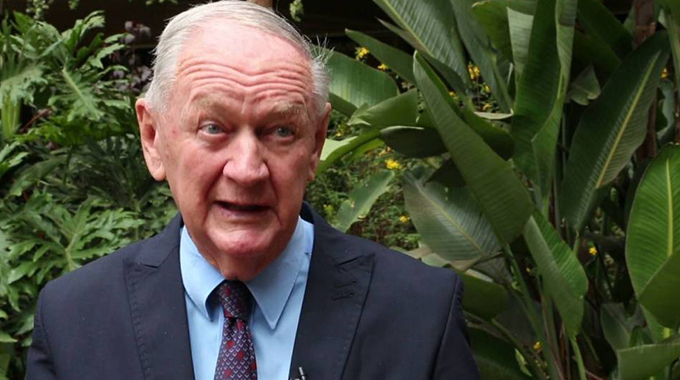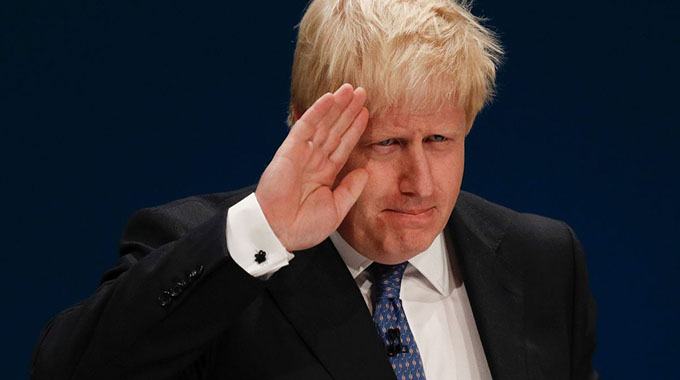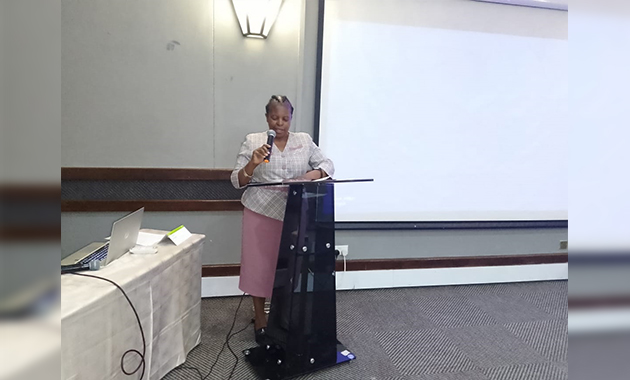The truth on failed bid to hijack Africa Wildlife Economy Summit

Emmanuel Koro
Instead of apologising to the pro-consumptive use African governments for their failed attempt to trash consumptive use of wildlife as the most viable engine of growing the African wildlife economy, the Western controlled organisation Space for Giants (SfG) chose to portray me as having written inaccurate information regarding this development. I beg to differ.
In a letter published in The Chronicle on 9 July 2019, the SfG CEO and founder Max Graham said that I was incorrect to describe them as an animal rights organisation and to say that they failed to hijack the Africa Wildlife Economy Summit held in Victoria Falls, 23-25 June 2019.
The reality is that everything that SfG does and stands for, including its exclusive focus on non-consumptive use in its Africa Wildlife Economy Summit text and opposition to both ivory and rhino horn trade and also its public association with hardcore animal rights groups such as the Born Free Foundation gives it a profile of an animal rights group organisation.
The SfG is not the one that included on the Summit agenda, pro-consumptive use speaker George Pangeti of Safari Club International (not an African hunting organisation). The truth is that the SfG was advised to do so by some Southern African government authorities.
The truth is that Pangeti didn’t feature on original Africa Wildlife Economy Summit agenda.
Therefore, his inclusion at the advice of some Southern African government authorities was the beginning of the Western animal rights groups’ failure to completely remove hunting from the Summit agenda and by implication failure to hijack the Summit long before it started.
I have hard evidence.
Maxi Louis was on the agenda as a Namibian representative for the Namibian Association of CBNRM Support Organisations (NACSO).
Pangeti and Louis are not the most critical representatives for African hunting industry/associations, rhino and lion breeders and wildlife ranchers that breed game for meat.
Also, despite being on the agenda these two were not given much prominence and time compared to people who spoke in support of non-consumptive use.
It was because of this laughably inadequate representation of the consumptive wildlife use African industries why Zimbabwe President Mnangagwa’s keynote address eloquently focused on the importance of the consumptive wildlife use industries towards growing Africa’s wildlife economy, including ivory and rhino horn trade that the SfG and Western animal rights groups publicly oppose.
President Mnangagwa’s keynote address, together with the supporting statements from Presidents Edgar Lungu of Zambia, Hage Geingob of Namibia and Mokweetsi Masisi, effectively failed the animal rights groups’ attempt to hijack the African Wildlife Summit agenda.
The mismatch on the Summit text that exclusively focuses on non-consumptive use and the agenda’s inclusion of consumptive use is the smoking gun that gives away the Western animal rights groups’ failed Summit capture.
Therefore, the truth is that consumptive use was originally trashed in exclusive favour of non-consumptive use.
Clearly, the language of opposition to consumptive use is clear in the SfG statement published in The Chronicle: “Sir, Mr Koro is correct to say that at Space for Giants we oppose trading in ivory, and would advocate that countries hosting elephants and other wildlife can significantly increase the revenue those assets bring by expanding responsible tourism.”
Therefore, hunting according to SfG is irresponsible tourism. Its exclusion from the Africa Wildlife Economy Summit was not only an attempt to trash it but to hijack the Summit.
The Summit text talks about growing wildlife economy but ironically leaves out consumptive use (hunting, ivory, rhino horn trade, game ranching for meat production, rhino and lion breeding) that earns comparatively much more revenue than non-consumptive use (travel and photographic safaris).
What Africa Wildlife Economy Summit can one ever hold without inviting African countries hunters associations, private rhino breeders who want to sell their stockpiled rhino horns and help grow Africa’s wildlife economy, including the world’s biggest rhino breeder; South Africa-based John Hume who is stuck with over 6 000 rhino horns that could earn him US$600 million.
This is strikingly the same amount that President Mnangagwa said his country would earn, if CITES allowed it to sell its ivory and rhino horn stockpiles.
The Southern African rhino breeders, lion breeders, even parrot breeders and of course hunting associations are still wondering why they were not invited to the first ever Africa Wildlife Economy Summit, yet they contribute more to the African wildlife economy much more than the non-consumptive tourism operators who were selectively invited to attend the Summit.
Hopefully, they shall be invited at the next Africa Wildlife Economy Summit wherever and whenever it is going to be held.
Then the SfG says President Masisi was fully aware that he was signing up for Botswana’s SfG membership.
The truth is that he signed incognito (without knowing) that the SfG is an animal rights group.
Although SfG still denies this identity; its profile is similar to that of an animal rights group. The SfG views consumptive tourism as “irresponsible” and is associated with all the world’s who is who of animal rights organisations, including the Born Free Foundation.
Tell us that you are opposed to ivory and rhino horn trade and show me your Western animal rights groups partners, including the Born Free Foundation and we will tell you your identity SfG.
l About the writer: Emmanuel Koro is a Johannesburg-based international award-winning environmental journalist who has written extensively on environment and development issues in Africa.










Comments